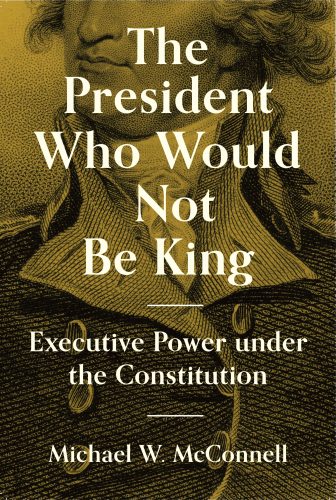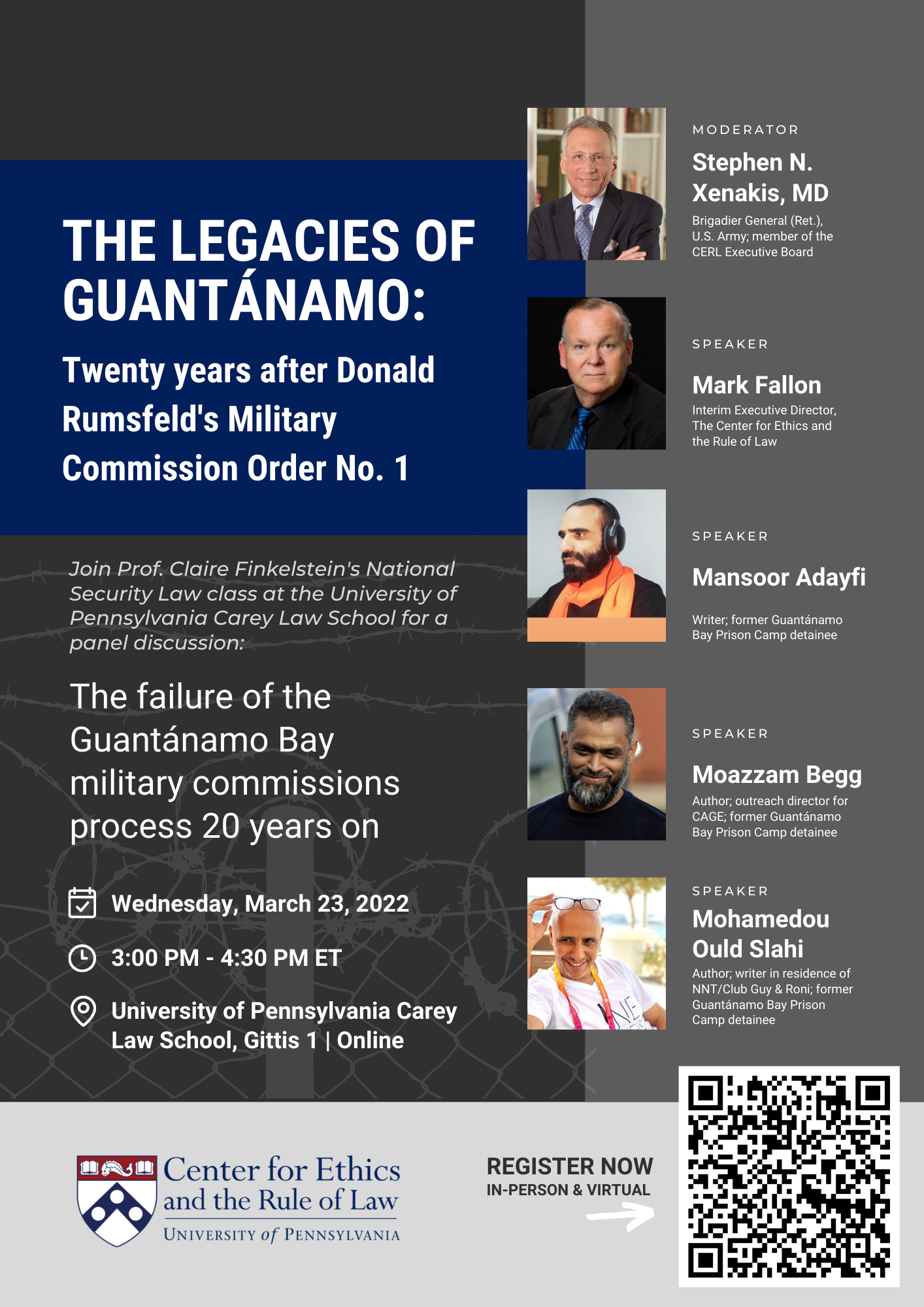
CENTER FOR ETHICS AND THE RULE OF LAW

Gittis 1




CERL’s Prof. Claire Finkelstein moderated a discussion with Michael W. McConnell, the Richard and Frances Mallery Professor and Director of the Constitutional Law Center at Stanford Law School, and a Senior Fellow at the Hoover Institution, about his book The President Who Would Not Be King: Executive Power under the Constitution.
All Rights Reserved © 2025